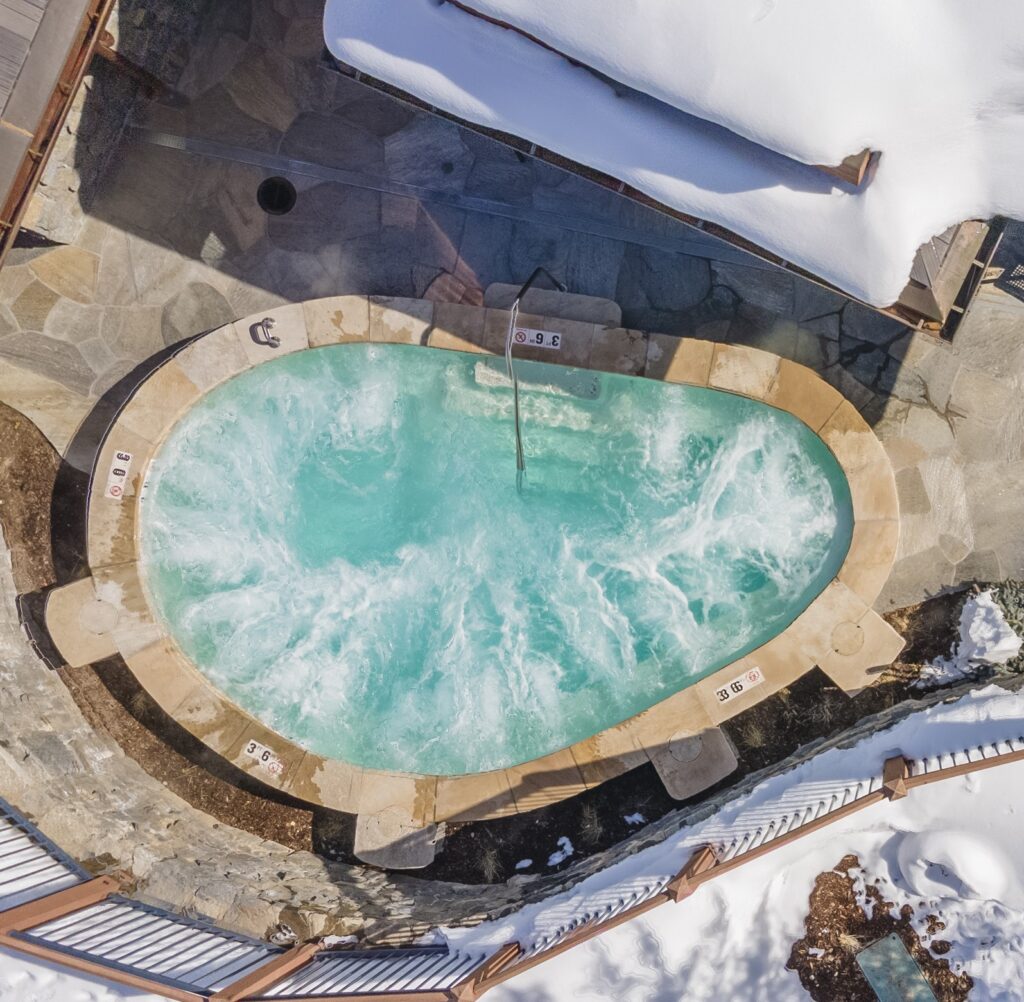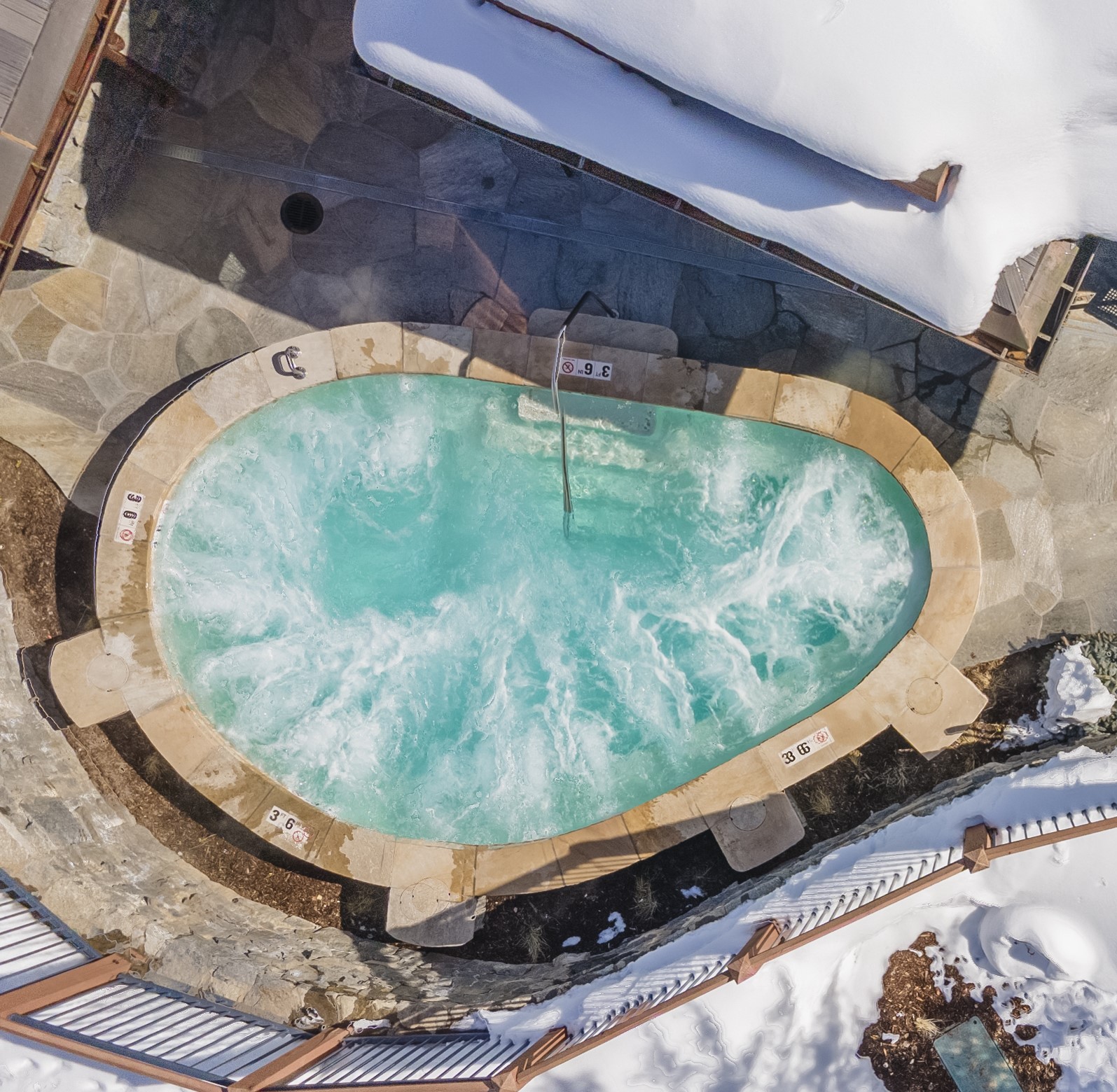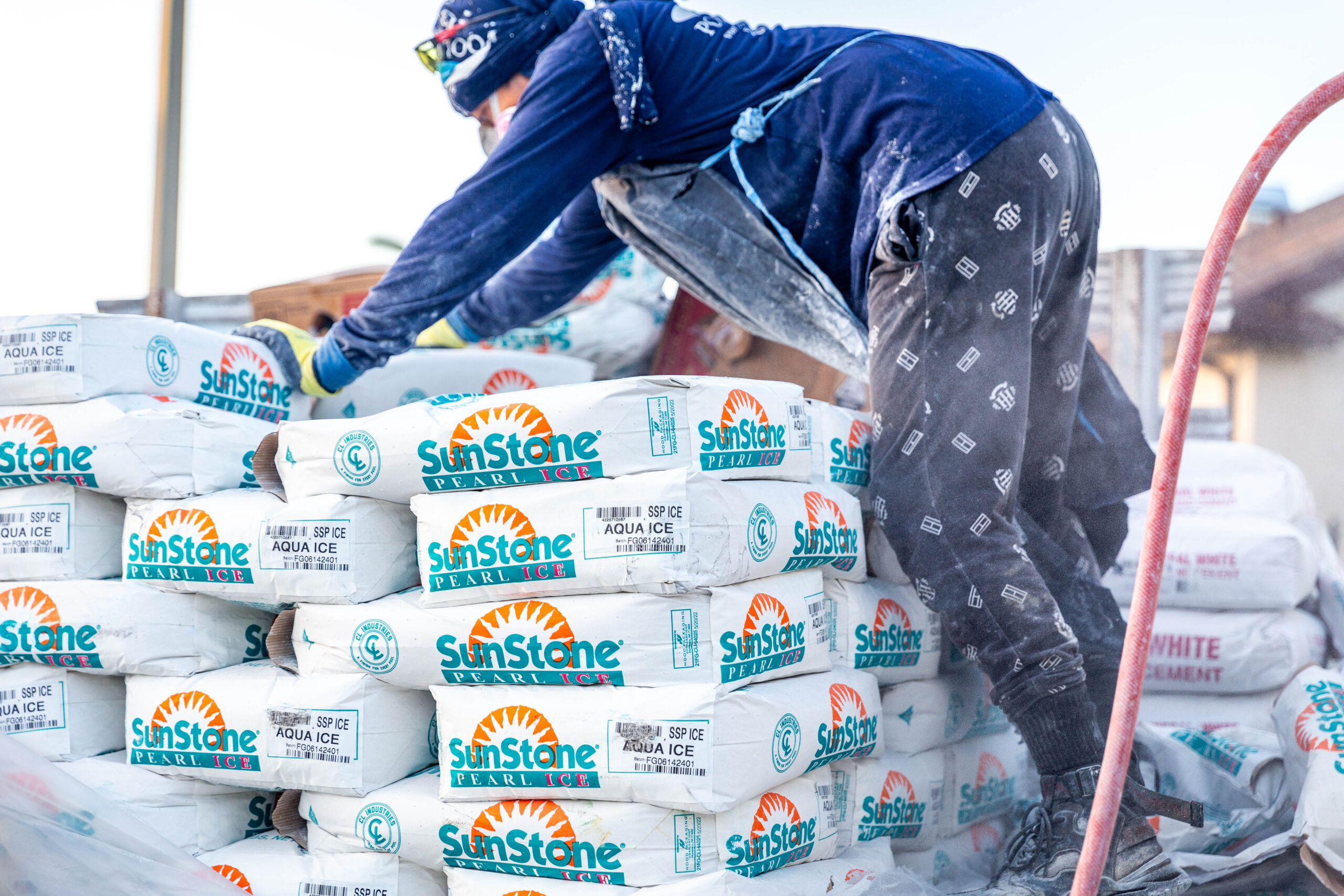As the crisp air of fall sets in and temperatures begin to dip, it’s time to start thinking about winterizing your swimming pool. But winterizing isn’t just about “closing up shop” until spring; it’s about maintaining your pool’s water chemistry throughout the colder months. Water doesn’t stop being water just because it’s cold out, and neglecting it over the winter can lead to serious issues that are costly to fix. In this guide, we’ll walk you through the essential steps to winterize your pool, with a strong emphasis on keeping that water balanced and circulating all winter long. This guide is meant for reference only. Please hire a professional pool maintenance company to ensure these
Why Maintaining Water Chemistry in Winter Matters
When temperatures drop, it’s easy to assume that your pool water will simply remain stagnant and problem-free. However, water chemistry doesn’t take a holiday. Even in the winter, your pool water can become imbalanced, leading to scaling, staining, and even corrosion of your pool surfaces and equipment. These issues can be exacerbated if the water is left untreated for months. To avoid a springtime headache, it’s crucial to maintain proper water chemistry throughout the winter.
Step 1: Thoroughly Clean Your Pool
Before focusing on water chemistry, start by giving your pool a deep clean:
•Skim the Surface: Remove leaves, debris, and insects.
•Brush and Vacuum: Clean the walls and floor of the pool to eliminate algae and dirt.
•Empty Baskets: Clear out skimmer and pump baskets to ensure they are debris-free.
A clean pool is less likely to harbor bacteria or algae, making it easier to maintain balanced water chemistry.
Step 2: Balance the Water Chemistry
Proper water chemistry is your first line of defense against winter pool problems. We recommend the following levels utilizing the Langelier saturation index to confirm balance.
•pH Levels: Keep the pH between 7.2 and 7.6.
•Total Alkalinity: Maintain alkalinity levels between 80 and 120 parts per million (ppm).
•Calcium Hardness: Ensure calcium hardness is within 200 to 400 ppm.
•Total Chlorine: Keep chlorine levels between 1 and 3 ppm before closing.
•Cyanuric Acid: 30 ppm to 50 ppm
•TDS: 300 ppm to 1800 ppm
•Carbonate Alkalinity: 80 ppm to 120 ppm
Even after you’ve balanced the water, it’s important to remember that these levels can fluctuate over time, even in the cold. Regularly check the water chemistry throughout the winter to keep everything in balance according to NPC standards.
Step 3: Lower the Water Level
Lowering the water level is necessary to prevent freezing damage, but it’s also important to remember that a lower water level means a smaller volume to maintain. Here’s how to do it:
•Solid Covers: Lower the water level to 4-6 inches below the skimmer.
•Mesh Covers: Lower the water level to 12-18 inches below the skimmer.
Never drain the pool completely, as this can damage the structure. Maintaining a proper water level also ensures that any chemicals added stay effective.
Step 4: Protect and Circulate Your Pool Equipment
To prevent freezing damage, it’s essential to drain water from your pool’s plumbing and equipment, but it’s equally important to keep water moving, even in winter.
•Drain the Pump, Filter, and Heater: Remove the drain plugs to let any water out.
•Blow Out the Lines: Use an air compressor to clear water from the plumbing.
•Submersible Pump: Consider using a small submersible pump to gently circulate the water throughout the winter. This prevents the water from becoming stagnant and helps maintain chemical distribution.
Circulating the water, even minimally, can prevent many common winter problems, such as algae growth and uneven chemical distribution.
Step 5: Store Accessories and Equipment
To further protect your pool, remove and store all accessories and equipment:
•Ladders and Handrails: Take them out and store them in a dry place.
•Skimmer Baskets: Store them indoors to prevent damage.
•Cover Pump: If using a solid cover, have a pump ready to remove any water accumulation.
Proper storage ensures that your equipment remains in good condition and is ready to use come spring.
Step 6: Cover Your Pool
A high-quality cover is essential for keeping debris out of your pool and minimizing exposure to the elements:
•Solid Covers: These are great for blocking sunlight and preventing debris from entering the pool.
•Mesh Covers: Mesh allows water to drain while keeping debris out, but requires you to monitor water levels throughout the winter.
A well-secured cover also helps keep the water chemistry stable by reducing the amount of foreign material that can enter the pool.
Step 7: Monitor and Maintain Throughout Winter
Even after your pool is winterized, you need to stay vigilant:
•Regular Water Chemistry Checks: Use a test kit to monitor pH, alkalinity, and chlorine levels throughout the winter.
•Circulate the Water: Run your submersible pump occasionally to keep the water moving and the chemicals evenly distributed.
•Clear Debris: Regularly remove leaves, snow, and other debris from the cover to prevent damage.
Consider Professional Assistance
While it’s possible to winterize your pool on your own, there’s no substitute for professional expertise. Hiring a professional pool maintenance company ensures that every step is done correctly, reducing the risk of damage and ensuring that your pool is perfectly balanced throughout the winter. Professionals have the tools and experience to handle all aspects of winterization, from balancing water chemistry to properly blowing out lines and storing equipment.
Final Thoughts
Winterizing your pool isn’t a one-time task—it’s an ongoing process that requires attention throughout the colder months. By maintaining water chemistry and ensuring circulation, you protect your pool from winter damage and ensure a hassle-free opening in the spring. Remember, just because it’s cold outside doesn’t mean your pool water stops needing care. Keep it balanced, keep it moving, and your pool will be ready for another season of fun when the weather warms up. And if you want peace of mind that everything is done right, consider hiring a professional service to handle the winterization for you.






